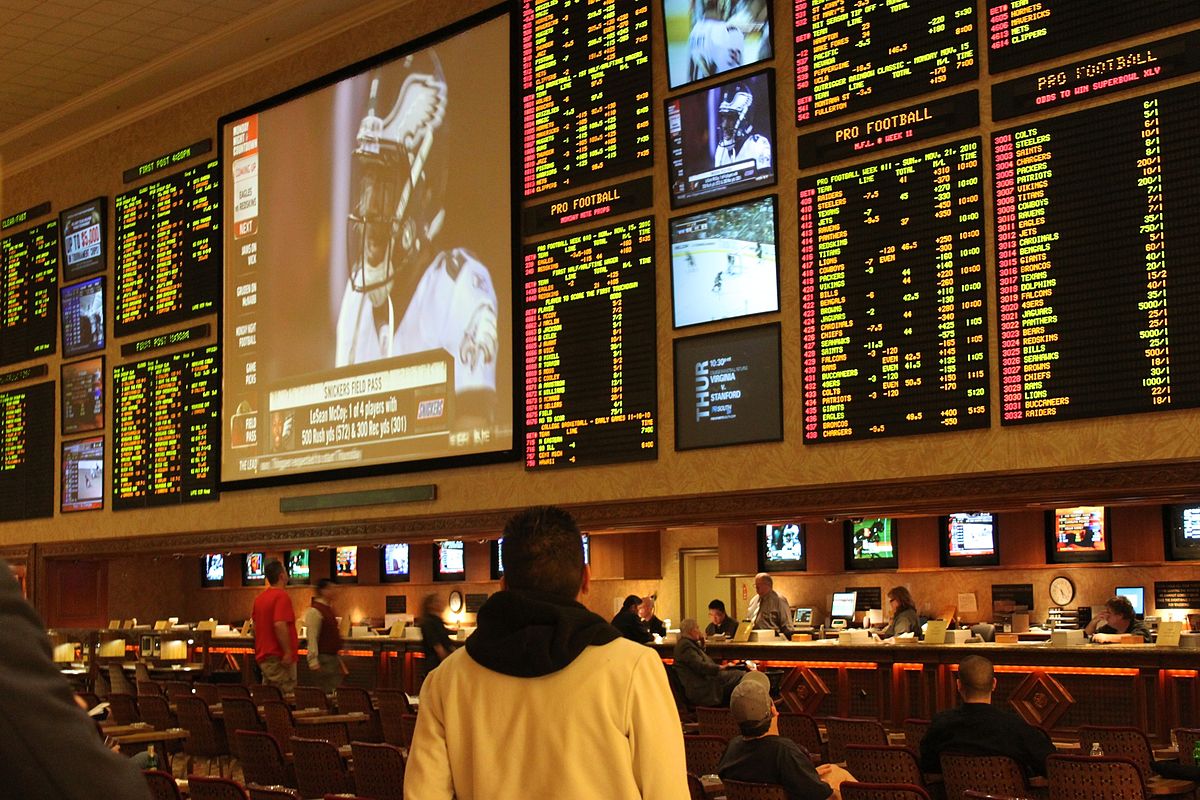Three big states might not legalize sports betting anytime soon
After the US Supreme Court let the sports betting dogs out of the cage in May of last year, a number of the nation’s most progressive gambling states immediately jumped at the opportunity to allow its citizens the ability to bet on sports legally. Currently, there are 10 states that have already passed legislation, making it legal to wager on sports within the state’s boundaries. That list includes Delaware, Mississippi, Montana, Nevada, New Jersey, New Mexico, Oregon, Pennsylvania, Rhode Island, and West Virginia. Additionally, four states have passed legislation that allows online sports gambling, those states being Delaware, Nevada, New Jersey, and Pennsylvania.
With mounds of tax revenues sitting on the table, the assumption has always been that once the federal government goes out of the way, there was plenty of motivation for each state to expand its gambling laws. Furthermore, the transition into online sports gambling seemed a natural fit. (See these legal US betting sites) By the way, some of the top legal sports betting sites in New Jersey include 888Sport, BetStars, DraftKings, FanDuel, and Sportsbook.
As at least 25 states are currently considering sports betting and online gambling legislation, the fact three big states are missing from this list is quite apparent. The fact is California, Florida and Texas aren’t really actively pursuing any kind of meaningful legislation to legalize any kind of sports betting or online gambling options.
Florida is an unusual player when it comes to certain kinds of legislation. While the state does support horse racing and lotteries, they have also been very loyal to the Seminole Indian tribes that hold licensing to provide casino gambling. It’s this strong alliance and the power of affiliated lobbyist that are likely to prevent state lawmakers from taking on any more legislation soon. It’s noteworthy that a couple of recent bills just got shot down over concerns of what the DOJ might decide about how to interpret the Wire act of 1961.
In Texas, gambling proponents have to overcome an ultra-conservative culture. They too have loyalty to Tribal casinos. They have a mentality to stick with tradition and not rock the boat any more than necessary. The state also has a fiscal policy that makes additional tax revenues little fuel for the fire.
California is an enigma. The state has the largest budget deficit in the nation by far. The deficit is actually larger than the budget for some countries. They certainly have the motivation to clamor after-tax revenues. They do so with the highest income and sales tax rates in the US. So why would the state that needs the most, do the least?
The answer might have something to do with the state’s proximity to Las Vegas. The lights never go out in Vegas because billions and billions of revenues and profits are coming from California gamblers. If California were to legalize sports gambling, online gambling, and full casino gambling, the tourist industry in Nevada would collapse. This is a notion known all too well to political forces and lobbyist.
All three of these states have multiple teams in every pro league. Their citizens would love to wager legally on those teams. The gambling industry is salivating over the potential tax revenues. Will it ever happen?

